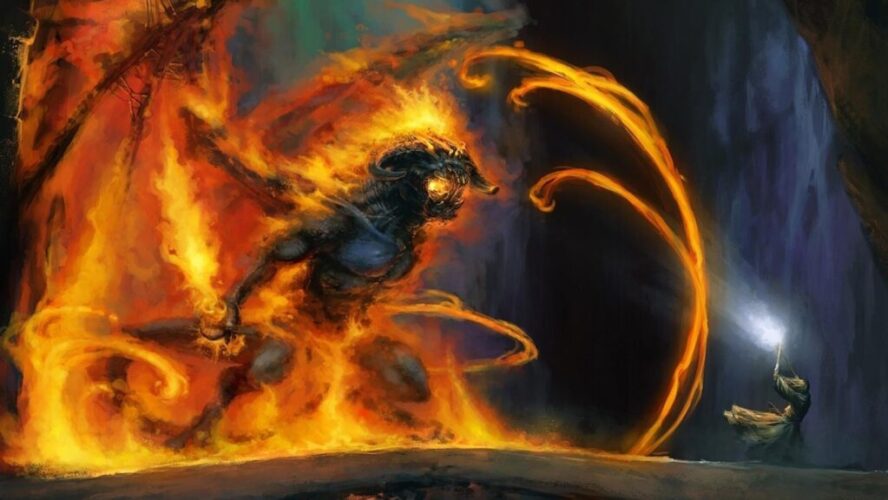Eucatastrophe
J.R.R. Tolkien coined the word “eucatastrophe” to describe the epitome of the reality captured in his stories. As C.S. Lewis phrased concerning George MacDonald’s work, “the quality of the real universe.” The eucatastrophe is the CORE of reality, and permeates every story that occurs in Time, whether long or short, great or small.
Eucatastrophe–as the word suggests there is an element of catastrophe involved. And then there’s a mysterious “eu” at the front. This suffix indicates that whatever word it hinges onto is good or lovely. Euphoria, euphonium (a beautiful tenor tuba), eugenics (not a fan.) Therefore, “eucatastrophe” means . . . a good, catastrophe.
It’s notable that the “eu” is so small and takes some prior knowledge to understand it’s meaning. Catastrophe is straightforward enough: an absolute and utter desolation of something. A debacle. A messy destruction ending possibly with despair that the thing will ever be healed or restored or righted again, such as a town after a tsunami, Pompeii, or even human relationships. That is where the “eu” hints the ending of the story.
In an article by Kevin R. West, “eucatastrophe” can be defined as the “sudden and miraculous grace in the face of universal final defeat that death.” To Tolkien, the greatest eucatastrophe in reality is the Gospel. The greatest possible defeat of the universe, the crucifixion of the Son of God, turns out to be the greatest possible salvation and happiness for the universe in the unexpected but fully obvious resurrection. Placed in the center of time, prophesied by events and people since the fall of man, and looked to for Life now, the Gospel is reality. And so we have songs such as “It Is Well with My Soul,” written by a man who just lost his four daughters to a sinking ship. The Gospel, God’s love for us in atoning for our sins and forgiving us, overrides any catastrophe or pain or mistake or sin in our lives. He redeems it all, even if we cannot see it.
This essential “quality of the real universe” is true even for stories. In his essay “On Fairy Stories,” Tolkien writes, “The Gospels contain a fairy-story, or a story of a larger kind which embraces all the essence of fairy-stories. They contain many marvels . . . and among the marvels is the greatest and most complete conceivable eucatastrophe.”

May 3, 2018 @ 4:30 pm
I love ❤️ it!! Never knew the word until I read this. Makes sense!! You did an awesome job!!